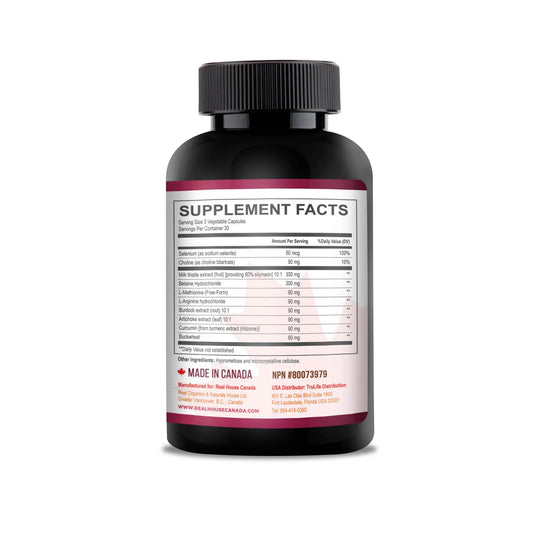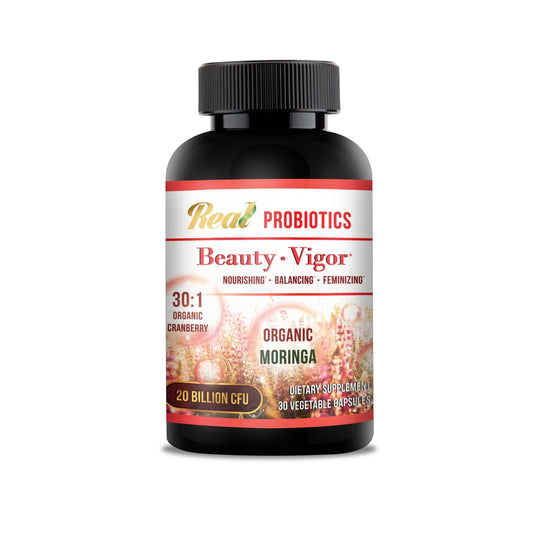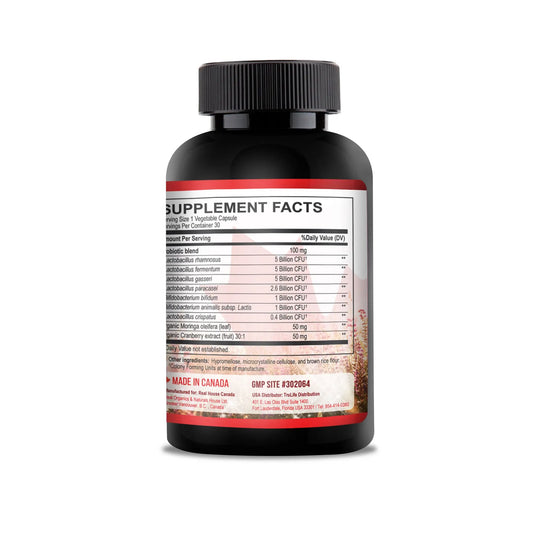Chaga vs Reishi
Chaga and Reishi mushrooms are both classified as types of medicinal fungus or mushrooms, as we know, that have been used in traditional medicine for many years spanning centuries. Both kinds of mushroom are recognised for their various health benefits and effective use to treat a range of ailments.

Photo by Bluebird Provisions on Unsplash
Chaga mushrooms (Inonotus obliquus), are a type of fungus that grows on birch trees, specifically in very cold climates, such as those found in Canada, Russia and Northern Europe. Because of these origins, Chaga has a long history of use in traditional medicine particularly in these regions. In terms of health benefits, Chaga mushrooms are known for their high antioxidant content and are often used to boost the immune system and in the treatment of digestive issues. They are also sometimes used due to emerging studies recognising Chaga's possible anti-cancer properties.
Reishi mushrooms (Ganoderma lucidum), are a type of fungus that grows on trees as well, although different from Chaga since they are native to Asia and have a long history of use in traditional Chinese medicine. Reishi mushrooms are known for their immune-boosting and anti-inflammatory properties and are often used to treat allergies, fatigue, and high blood pressure.

In summary, the main differences between Reishi and Chaga mushrooms are their origins, the trees on which they grow, and their traditional uses for health benefits. Both types of fungus are widely considered for their medicinal properties, but each of them is used to treat different ailments and have different chemical compositions.
Moreover, both Reishi and Chaga can be consumed as supplements in capsule form, which allows us to leverage the health benefits effectively and conveniently.
Through a patent-pending Dual Extraction process performed at Real House Canada, the maximum potency of Chaga can be harnessed and packaged into a form that is easy to consume.
Real House Canada Wild Canadian Chaga









